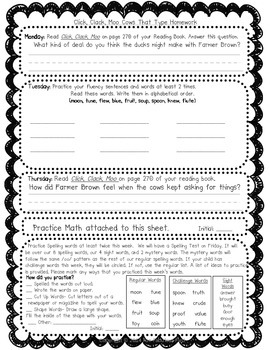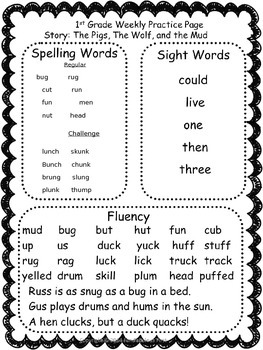- Old Unit 6 Agendamrs. Colville's Math Classroom
- Old Unit 6 Agendamrs. Colville's Math Class 6
- Old Unit 6 Agendamrs. Colville's Math Class 9


Invite previously identified students or groups to share their answer and strategy. On a visual display, record each answer and each distinct process for determining the surface area (i.e. multiplying the side lengths of each rectangular face and adding up the products). After each presentation, poll the class on whether others had the same answer or process.
Play the video that reveals the actual number of sticky notes needed to cover the cabinet. If students' answers vary from that shown on the video, discuss possible reasons for the differences. (For example, students may not have accounted for the cabinet's door handles. Some may have made a calculation error.)
Old Unit 6 Agendamrs. Colville's Math Classroom
Tell students that the question they have been trying to answer is one about the surface area of the cabinet. Explain that the surface area of a three-dimensional figure is the total area of all its surfaces. We call the flat surfaces on a three-dimensional figure its faces.
Wcf generic command for vista setup. Visual Studio 2017 15.3 Preview 1 included templates for VB class libraries targeting.NET Standard class libraries and for.NET Core console apps. With the release of.NET Core 2.0 today those templates go-live. The.NET Standard You can use the built-in templates to create cross-platform command-line apps, as well as creating and testing. Browse code samples. Get started with Microsoft developer tools and technologies. Explore our samples and discover the things you can build.
The surface area of a rectangular prism would then be the combined area of all six of its faces. In the context of this problem, we excluded the bottom face, since it is sitting on the ground and will not be tiled with sticky notes. Discuss:

- “What unit of measurement are we using to represent the surface area of the cabinet?” (Square sticky notes)
- “Would the surface area change if we used larger or smaller sticky notes? How?” (Yes, if we use larger sticky notes, we would need fewer. If we use smaller ones, we would need more.)

There are 4 choices for the digit in the unit’s place. So, no of ways by which 3 digits numbers les than 500 can be formed = 4.5.4 = 80. Soln: The numbers formed should be even. So, the digit in the unit’s place must be 2 or 4. So, the digit in unit’s place must be 2 or 4. So, for the digit in unit’s place, there are 2 choices.

Old Unit 6 Agendamrs. Colville's Math Class 6
Design Principles(s): Cultivate conversation; Maximize meta-awareness
Old Unit 6 Agendamrs. Colville's Math Class 9
Mathematics Unit Title: Go Figure! (Sangre de Christo School District) Instructional Unit (Word or PDF) Unit Storyboard. Unit Description: This unit focuses on the geometric concepts of perimeter, area, surface area and volume. Students begin by working on the coordinate plane to find the perimeter and area of rectangles. Grade 6 Unit 1 Unit 2 Unit 3 Unit 4 Unit 5 Unit 6 Unit 7 Unit 8 Unit 9 6.1 Area and Surface Area In this unit, students learn to find areas of polygons by decomposing, rearranging, and composing shapes. GSE Developing Multiplication. Unit 6 Mathematics GSE Second Grade Unit #6: Developing Multiplication Mr. Richard Woods, State School Superintendent. Week 6 10/7- Quizzes Back hw: Solving Multi-Step Inequalities 10/8- Quiz 2.3, 3.2 Practice: Unit 1 Practice Test 10/9- Quizizz Practice- Ask your students to join game with this code 976960 at 10/10-Unit Test PT. 12 Fair Game Review RAP 10/11- Angle Relationship Jigsaw Week 5 9/30- Quiz 1.3, 2.1.
